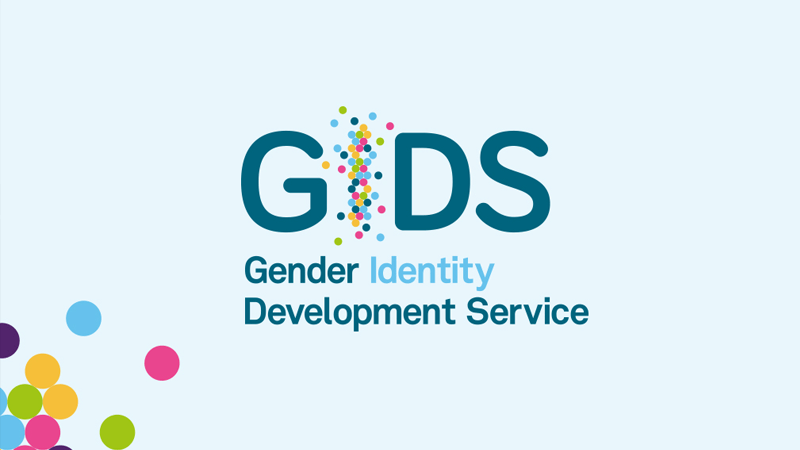The NHS’s only specialised gender identity clinic for children has been accused of ignoring its own study and lowering the age at which children can take puberty blockers.
The study, which aimed to determine the effects of puberty blockers on children under the age of 16, has itself been criticised for its lack of a control group and its failure to inform parents and their children about risks associated with the drugs or the results of previous international studies.
Before 2011, only children aged 16 and over were permitted to take puberty-blocking hormones. The Tavistock and Portman NHS’s Gender Identity Development Service (GIDS) decided to conduct research into the effect of the drugs on younger children to determine their safety.
Jumping the gun
In 2014, GIDS was granted permission to lower the age from 16 to allow children as young as 11 to take the drugs, a year before the study’s preliminary findings were disclosed in a report to the Trust’s Board of Directors.
Further studies based on the early results revealed that almost all of those children at GIDs who took the puberty-blocking drugs progressed onto infertility-causing cross-sex hormones.
The report itself showed “a significant increase” in the number of adolescents who said they “deliberately try to hurt or kill themselves”.
When concerns were raised this week, GIDS said that no “meaningful conclusion” could be drawn from it, because the data was drawn from a “small sample”.
Parents unaware
It is now under investigation by the NHS Health Research Authority (HRA) after the BBC’s Newsnight programme informed them about the study’s worrying findings, with the HRA saying it was unaware of the information, despite having asked GIDS for annual updates.
When clinical studies take place, participants are supposed to be given an ‘information sheet’ about the risks, and about the results of other studies.
GIDS was aware of Dutch research which stated that all children in its study who started on puberty blockers also went on to take cross-sex hormones.
But Newsnight reported that this information was not included in the information sheet given to parents or children.
‘Life-changing step’
Professor Michael Biggs of the University of Oxford said: “I don’t see that parents and their children could really have given informed consent given the lack of information that was provided.
“They were not given the information they needed in order to take this momentous life-changing step.”
It is the latest in a string of revelations about the running of GIDS.
Resignation
In February, Marcus Evans, a governor at the Trust, quit his position after GIDS dismissed a report which outlined “serious ethical concerns” at how the clinic was rushing children into life-changing treatment.
And earlier this month, former employee Dr Kirsty Entwistle wrote an open letter to the Director of GIDS outlining her concerns about the way the clinic was being run.
She said staff at the clinic were rushing to affirm patients’ gender confusion without proper investigation for fear of being labelled transphobic, and felt unable to challenge a child’s self-diagnosed transgender identity due to ‘unspoken rules’ at the clinic.

